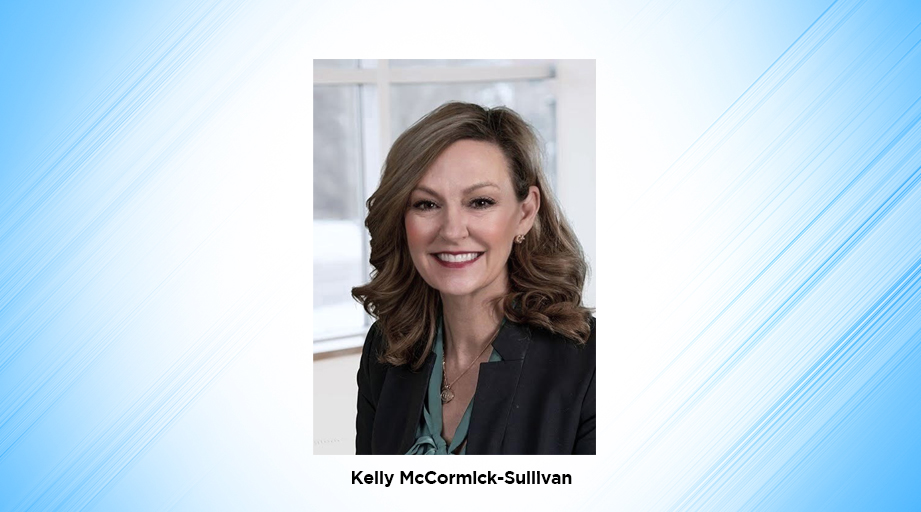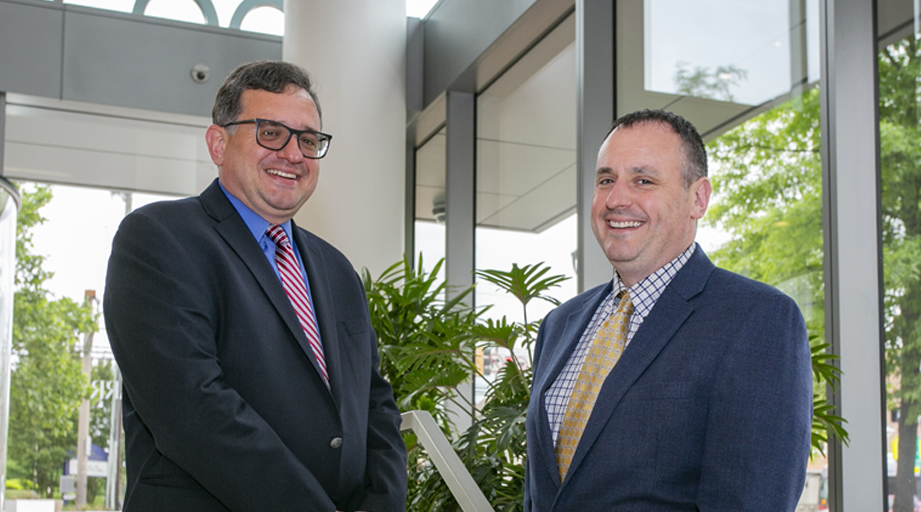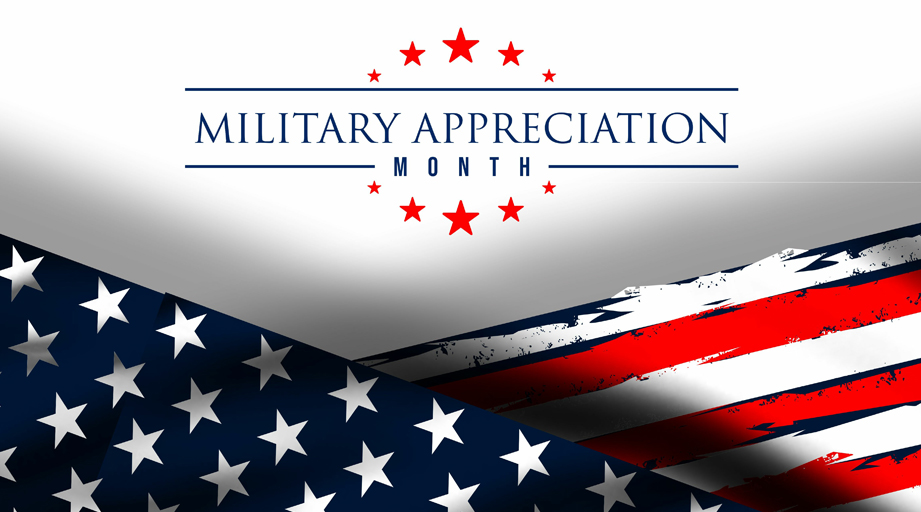
When a hurricane hits the U.S. mainland, chances are the effects will be felt at HCA Healthcare Inc., which operates 178 hospitals in 20 states and the United Kingdom, including 45 facilities in Florida and 46 in Texas.
Most recently, fast-developing Hurricane Michael heavily damaged 238-bed Gulf Coast Medical Center in Panama City, Florida, said Jake Marshall, Senior Director of Enterprise Preparedness and Emergency Operations for HCA. The hurricane made landfall October 10 as a Category 4 storm in the nearby Mexico Beach area.
“We’ve fully evacuated the facility,” Marshall confirmed. “But we kept the emergency department of that hospital open and have had tremendous efforts all around to maintain services at that facility.”
Marshall said the hospital was without county-supplied electricity for days after the storm hit and had to rely on HCA’s contingency efforts for power, water, and septic services.
The hospital wasn’t the only part of the HCA community affected by the hurricane. The organization announced on October 12 that it had established shelters in Panama City, Niceville, and Fort Walton Beach for hundreds of employees whose homes were lost or badly damaged by the storm.
“We do have a large number of staff members, unfortunately, that were impacted by this,” Marshall said.
Hurricane Michael was preceded on the U.S. mainland by Hurricane Florence, which made landfall near Wrightsville Beach, North Carolina, on September 14 and caused major flooding in the Carolinas and Virginia. And those events echoed the 2017 storm season, which brought hurricanes Harvey, Irma, and Maria to the U.S. mainland, with Maria additionally devastating Puerto Rico.
“It seems as though, sadly, it’s almost become a new norm,” Marshall said. “It has actually been a year now of just multiple activations of our company’s emergency operations center for these large-scale events.”
Marshall is based in Nashville, Tennessee, at HCA’s enterprise preparedness and emergency operations center (EEOC). He said the EEOC evolved after Hurricane Katrina struck New Orleans in 2005 and heavily damaged HCA-managed Tulane Medical Center.
The EEOC now occupies dedicated space in Nashville and is ready to operate around the clock to prepare for and respond to emergencies.
“We have leaders from every single entity of HCA, every service line, and all of our affiliates . . . at that center when we are fully [activated] to provide coordination, communication, and collaboration,” Marshall said.
HCA, he said, also works with the federal government and with state and local healthcare coalitions — groups of hospitals, emergency medical services, emergency management organizations, and public health agencies — to build relationships and coordinate disaster response activities. He urged all hospitals to get involved with their local healthcare coalitions.
Marshall said HCA activates its EEOC during weather emergencies as well as “no-notice” manmade events like the October 1, 2017, mass shooting in Las Vegas.
HCA reported that its Sunrise Hospital and Medical Center in Las Vegas treated “upwards of 200” patients who were injured during the shooting. The hospital performed 58 surgeries in the first 24 hours after the event.
Karla M. Miller, Vice President of Pharmacy Services and Clinical Therapeutics, said HCA also activated the EEOC to respond to the nationwide meningitis outbreak of 2012. The outbreak was associated with tainted medications prepared at the now-shuttered New England Compounding Center of Framingham, Massachusetts.
Miller said HCA has discussed activating the EEOC in response to critical drug shortages.
“Fortunately, we’ve been able to handle the situation before it turns into an emergency,” she said.
Marshall explained that HCA has “unique capabilities” to deliver medications and supplies to hospitals that need them during severe weather events and other emergencies. Those capabilities include corporate contracts for aerial transport by plane and helicopter — and even arrangements to deliver supplies by amphibious vehicles during a flood (see September 7, 2017, ASHP News).
Individual hospitals also receive support from HCA’s regional units, said Brian Moran, Assistant Vice President of Pharmacy Operations and Expense Management for HCA HealthTrust Supply Chain. The HCA subsidiary is responsible for pharmacy operations and consolidated pharmacy services, including centralized distribution and centralized pharmacy order entry.
Moran said that when an HCA hospital identifies a critical medication need during an emergency, that request is escalated to the division’s regional emergency operations center (EOC), which handles preparedness activities for about 10–20 hospitals. If the regional pharmacy distribution center can’t supply the necessary medications, the division’s EOC passes the request to the EEOC in Nashville.
Moran said the Gulf Coast division’s pharmacy distribution center — one of 11 operated by HCA — was critical for keeping hospitals supplied during the response to Hurricane Harvey in 2017.
Regional divisions also assist with manpower. Moran said Heather Fuller, Division Director of Pharmacy Services in Tallahassee, Florida, has been coordinating with other HCA divisions to make sure hospitals affected by Hurricane Michael have adequate pharmacy staff to maintain operations.
But Marshall also noted that preparedness begins at individual hospitals, which should have available at least 96 hours’ worth of medications in case the site is “completely cut off without any resupply.”
That was essentially the scenario at Houston-area hospitals in the aftermath of Hurricane Harvey.
“The majority of the city received 30 to 40 inches of rain — in some places, up to 50,” said Brian Steger, HCA’s Division Director of Pharmacy for the Gulf Coast region. “The city was shut down, essentially, for a week, and then we still had flooding for well past two weeks in some of the different areas . . . that usually are dry.”
Steger said Houston-area hospitals began preparing for Hurricane Harvey when it was about five days away, even though the storm wasn’t then expected to hit the city. Preparations included holding daily calls with hospital pharmacy leadership, stocking up on medications, and assessing staffing needs for the ride-out and relief teams.
Because the storm ultimately struck Houston, he said, the ride-out teams sheltered in place for five days before the relief teams arrived.
After the storm, Steger said, pharmacists and pharmacy technicians from elsewhere in the state came to Houston to help replenish medication stocks.
Moran said Steger and the Houston-area pharmacy directors “did an incredible job working together throughout Hurricane Harvey to make sure that our patients were taken care of” and escalating issues up the chain of command as needed.
Pharmacy directors said the organizational support and sense of community during and after Hurricane Harvey made an impression on their staff.
“I think one of the things that we learned that was really important for us was knowing that we’re not alone. We had so many resources to help us daily,” said Carol Barnes, now Director of Pharmacy at Bayshore Medical Center in Pasadena, Texas. Barnes was the chief pharmacist at East Houston Regional Medical Center when the hospital was permanently closed because of damage from Hurricane Harvey.
“Now with Hurricane Michael happening,” echoed Mallory Gessner, Director of Pharmacy at Kingwood Medical Center, northeast of Houston, “I’ve had several staff members, because of the support we had for Hurricane Harvey — they want to give back and go to Florida and help out those hospitals.”
Gessner said her experiences with Hurricane Harvey taught her how important it is to plan for a disaster before it occurs and to make sure staff members know their roles — and also know that their administrators will be there to support them during an emergency.
“It doesn’t matter what size hospital you are. You can at least have a plan. Sometimes things happen that change the plan,” Gessner said. “But at least the staff have an understanding of what their responsibilities are ahead of time, so you’re not doing that two days before a storm’s going to hit.”









